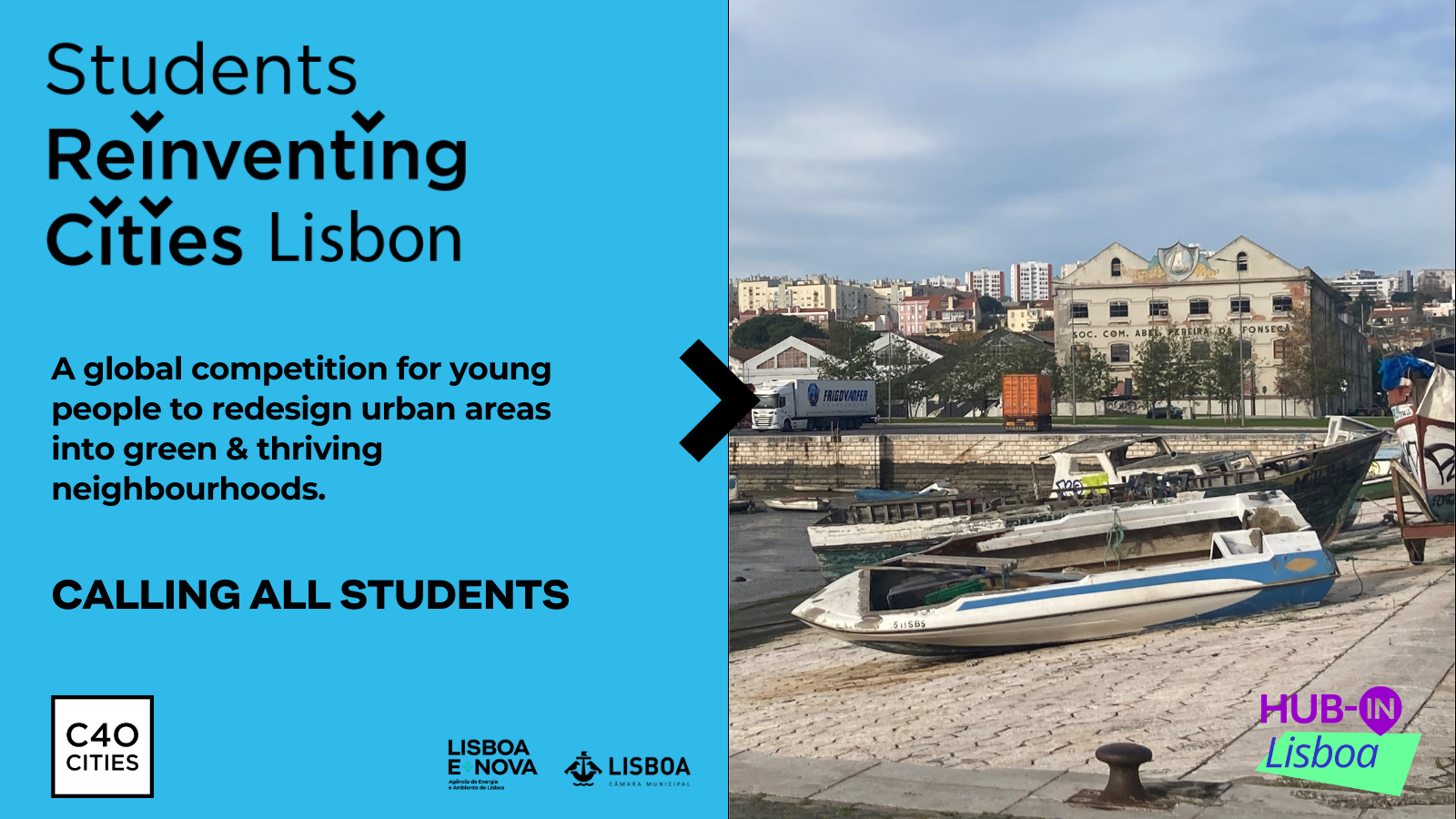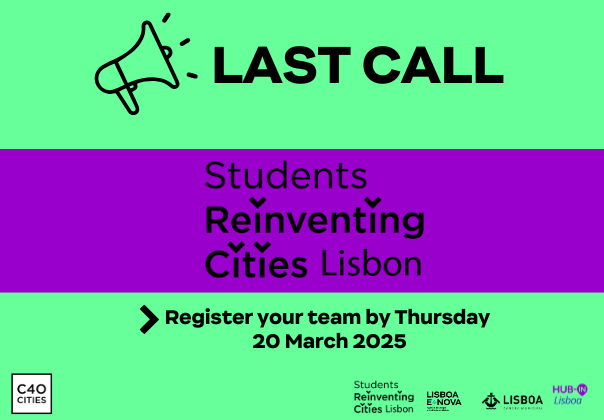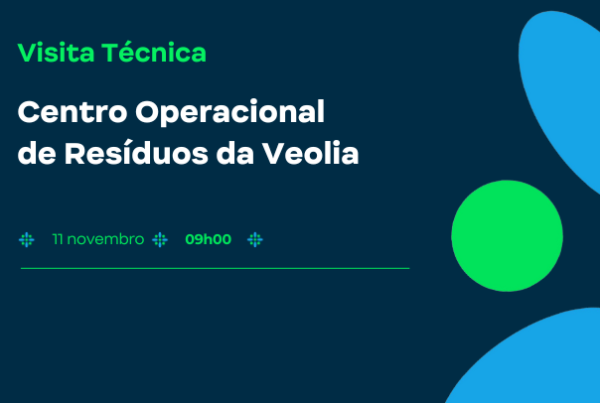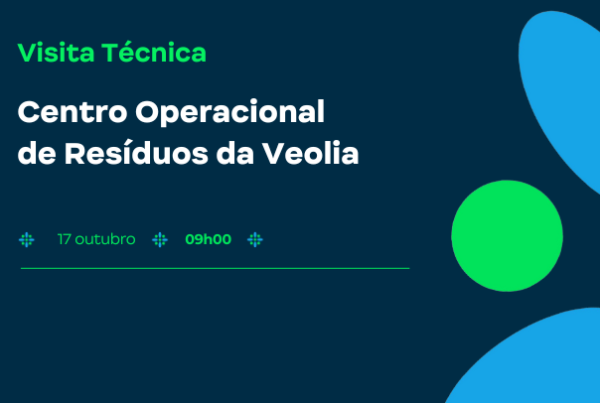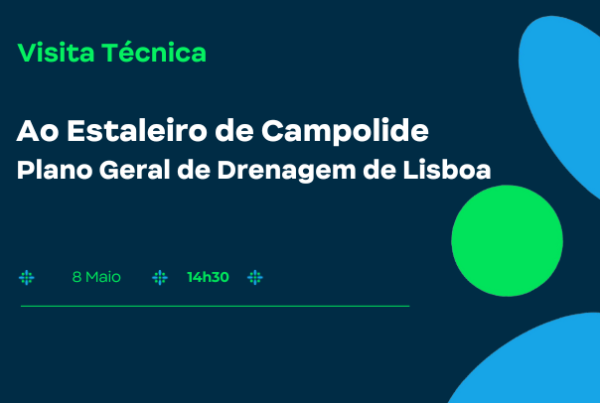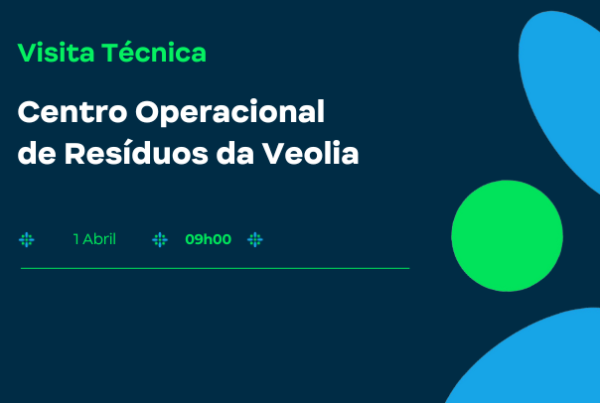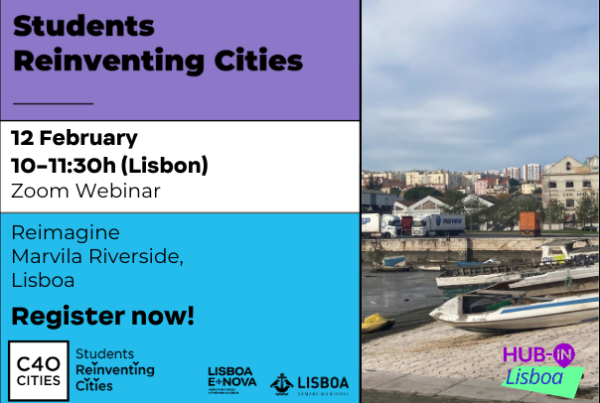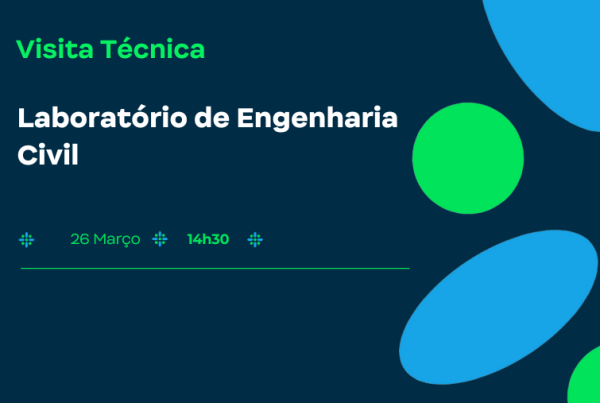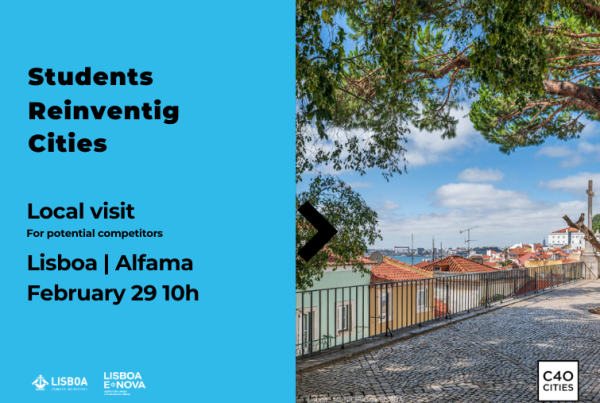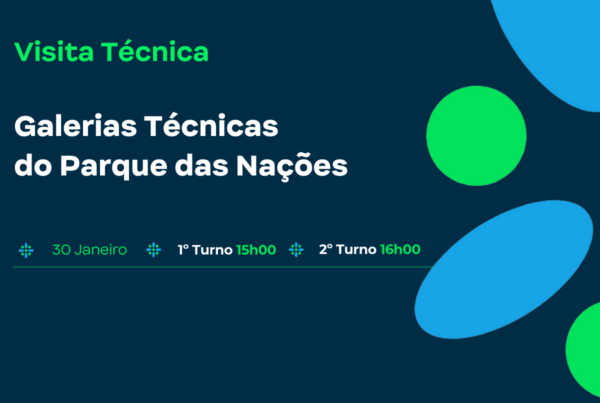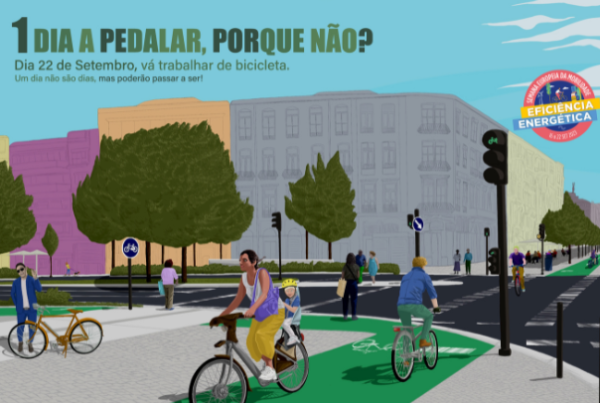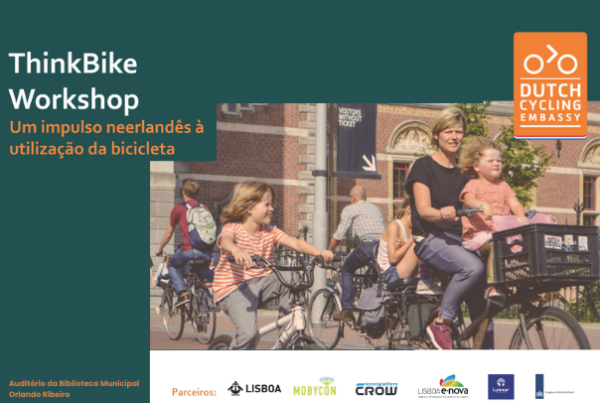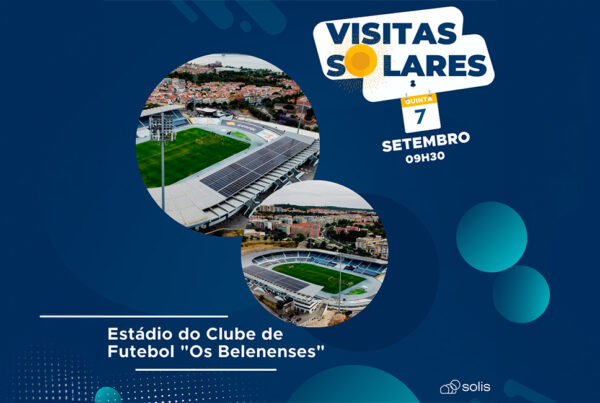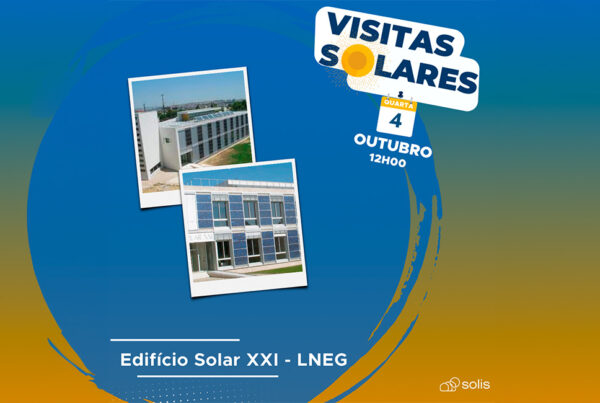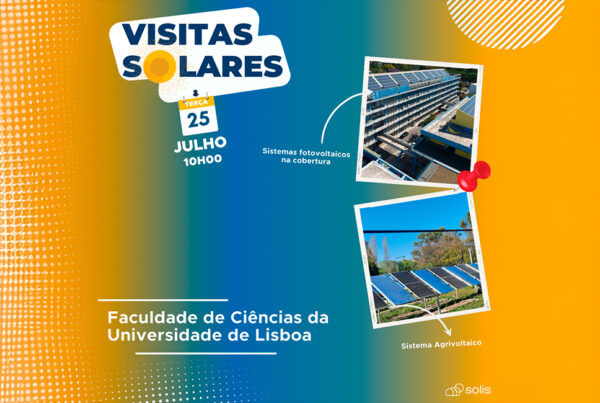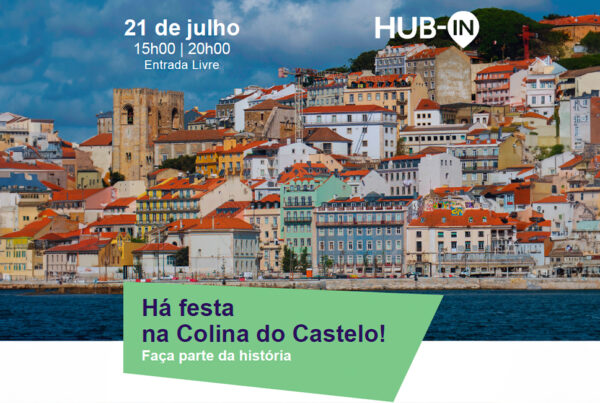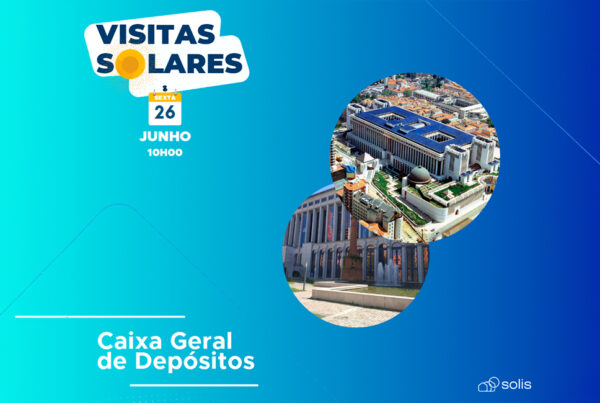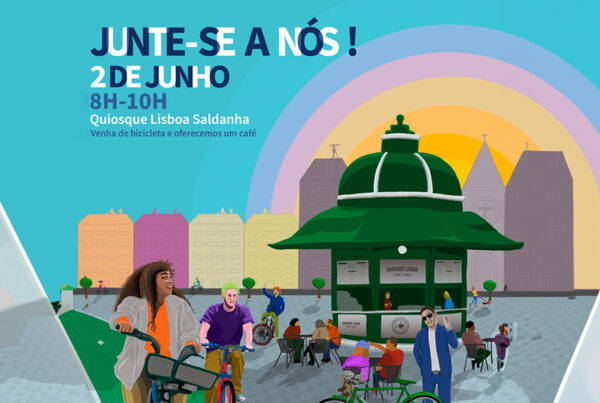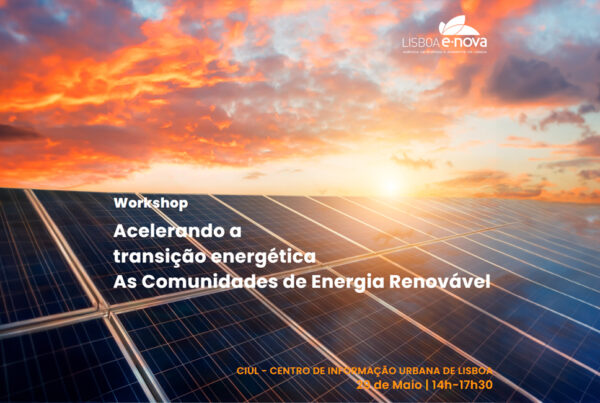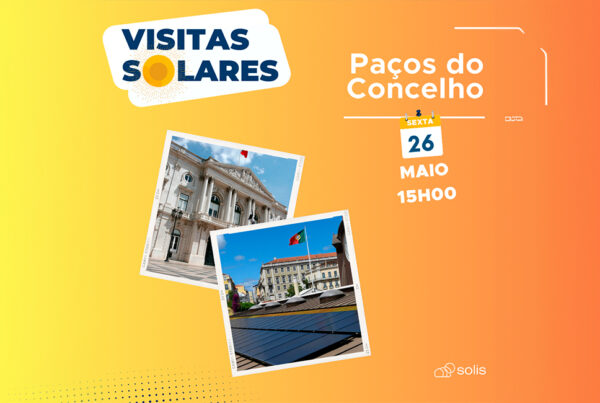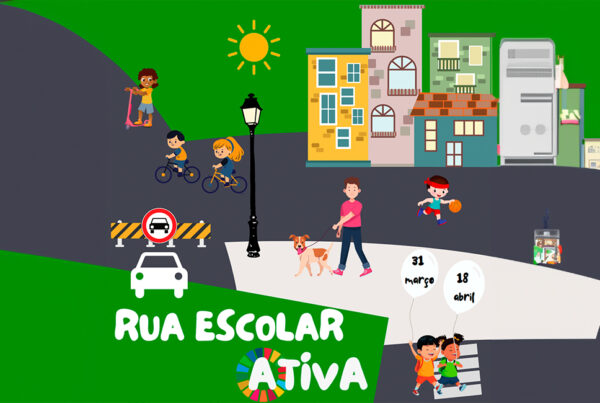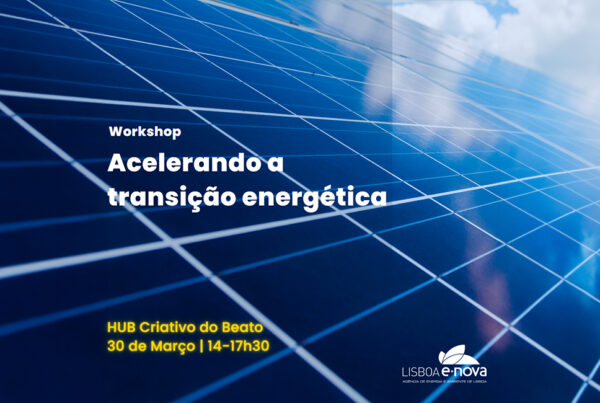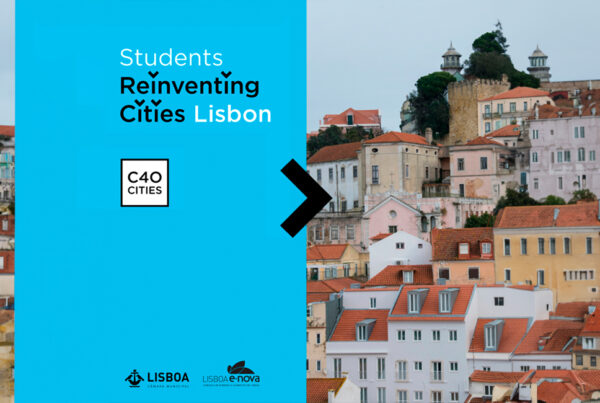Lisboa E-Nova, in collaboration with the Lisbon City Council, is participating in the C40 “Students Reinventing Cities” competition. This global initiative invites students and universities to propose innovative ideas for sustainable and inclusive urban transformation.
This year, 11 cities are involved, each selecting a winning project. In Lisbon, the focus is on Marvila, an eastern district bordered by the River Tagus and a railway line. Marvila, rich in historical architecture, has long been overlooked despite its scenic river views and industrial heritage. Recent efforts have revitalized the area, attracting creative industries and recreational spaces like Oriente Riverside Park and cultural hubs such as Fábrica Braço de Prata.
Future developments in Marvila include the third Tagus crossing, railway expansion, and new housing in Matinha. While these projects present opportunities, they also pose challenges for the community.
Students are tasked with proposing holistic urban regeneration for Marvila, integrating inclusivity, sustainable water management, and environmental considerations.
Proposals should detail an urban regeneration process with consideration for the environmental impact, inclusivity and the New European Bauhaus values. In their designs, students should integrate the following missions:
- Mission 1: Connecting green transformation, social inclusion and local democracy in Marvila, an industrial area under gentrification.
- Mission 2: Promoting circular and regenerative approaches for Marvila, considering new developments and urban plans (River Prata Riverside and Matinha Urban Plan).
- Mission 3: Innovative funding and new business models to transform Marvila.
When considering these missions in their designs, students should consider the following solutions:
- Integrate nature-based solutions in outdoor spaces to reduce the urban heat island effect and the impact of heat waves.
- Enhance the reuse of local water resources and promote circular solutions E.g. stormwater capture and reuse non-potable uses.
- Empower local communities to experiment with art as a vehicle for climate awareness. The Swale Floating Food Forest provides an interesting point of reference.
- Participatory practices and governance models.
- Promote social connection, a sense of belonging and local democracy.
- Promote cultural and creative industries.
